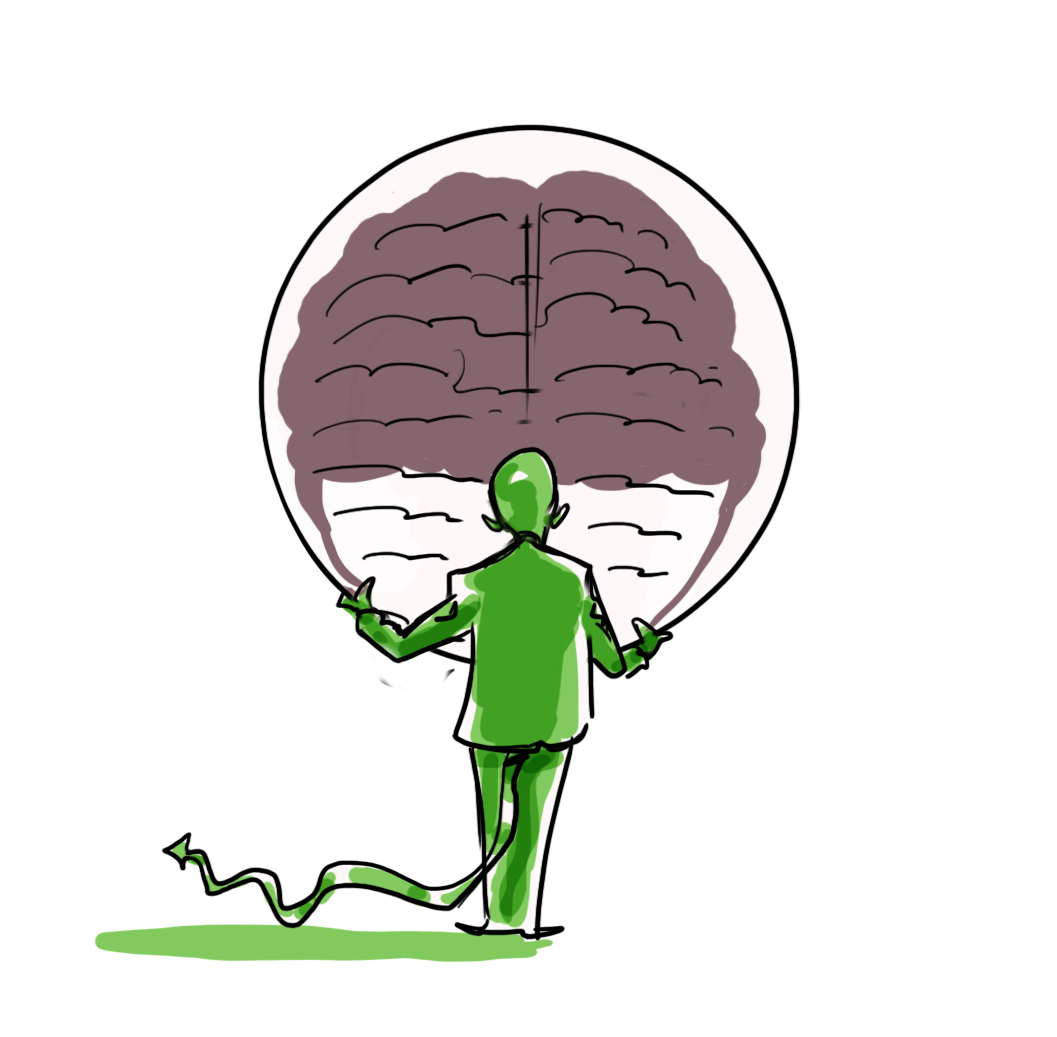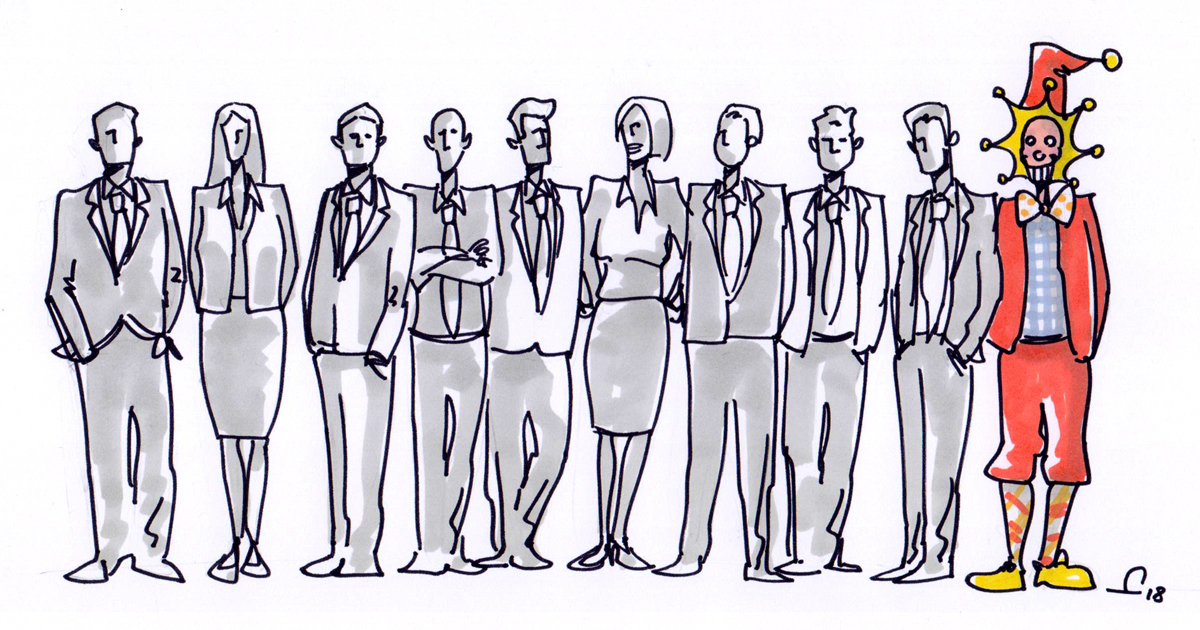For many, the most interesting character in Shakespeare is the Fool. He appears in one guise or another in almost all the plays, but, likely, most famously in King Lear.
The Fool, or his close cousin, the Jester, have always played a central role in the courts of power, entertaining the aristocracy. Usually clever peasants or commoners, with a greater intellect and insight than their master, they will be often the only person empowered to criticize “power”.
Under the Bard, he evolved into an even more complex character: a commentator of events, a fearless speaker of truths, a fine judge of character, revealing thru dramatic function, that he/she was in fact no fool at all. There is a pragmaticism, nae realism, and without exception a deep loyalty to the boss.
The role embodies that axiom, “don’t assess a problem from where you’d like to start, but from where you actually are. “
Those times, those stories, were by definition full of volatility and instability.
And our friend played a crucial role.
Woe betide anyone who misread the influence of the Fool.
Although not common, you may hear people talk these days of a similar character in the business world. Paul Birch at BA, David Firth, and his highly recommended book The Corporate Fool. They refer to their experiences “doing the undoable, thinking the unthinkable, saying the unsayable, and driving your sensible organization mad with creative folly.”
Film buffs may link the think/unthinkable part to the concept of the 10th man, wonderfully explained in the film World War Z.
The 10th person in the room is actually responsible to stress test the outlier possibilities of all.
This role has always attracted those of us at Albachiara, and has been a central offering advisory of the company, but it hasn’t been an easy sell always. In fact the Fool role, the mentor role, has usually not been how assignments start…
But it’s how they evolve in our experience.
The times however are changing, it seems.
But why?
We believe simply that the context of corporate life is entering into a phase of volatility and uncertainty very reminiscent of those medieval courts.
|
It is no longer a land of stable and predictable incremental growth. The decades of linear progress in market share, productivity, revenues and margins have long gone. |
We have entered an era of unbridled digital disruption, where everything is now up for grabs. And timescales are no longer long-term comfortable. Every company in the world and every CEO could lose their market position in a flash, on their watch.
Anyone looked at GE recently?
No one in the court of Welsh would have predicted this. We could name many many more examples.
The business of C-Suite and their consultancy advisers is now completely different: you are no longer managing stability and status quo. You are navigating change for opportunity and protection. This is normally a series of more project type work around an organisation’s SWOT. Needing more virtual and adhoc resource allocation. And lateral thinking.
“Where’s the guy in the chequered suit and funny hat? Someone to keep me smart and honest. “
So in fact we are all now change agents.
Or Fools.
Or are they indeed the same thing!
In looking at any good definition of the role, you get this:
|
Advocacy of a need for change. Destabilize the status quo. Induce a level of anxiety in paralysis. Diagnose problems. Convince power. Translate intent into action. Break rules. Creative folly. |
Keep these points in mind and pick up your old school copy of Lear.
It’s the same damn role.



